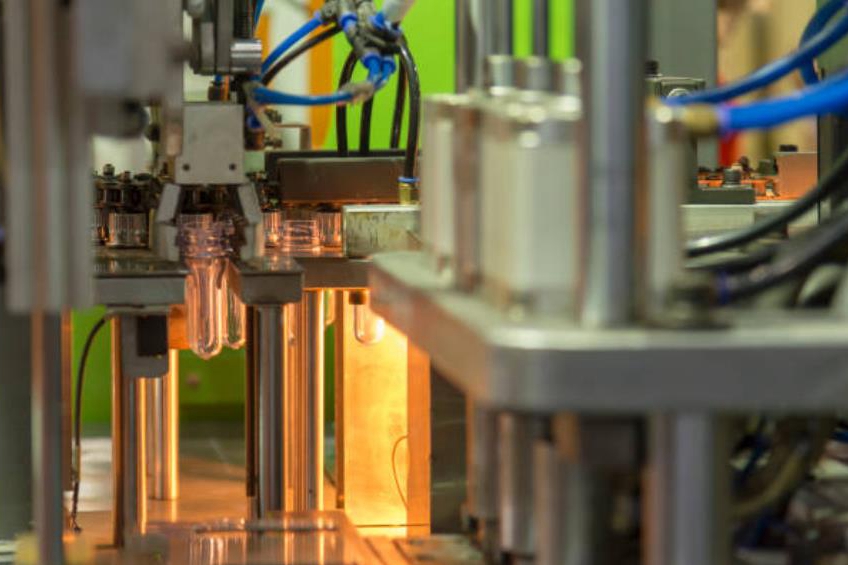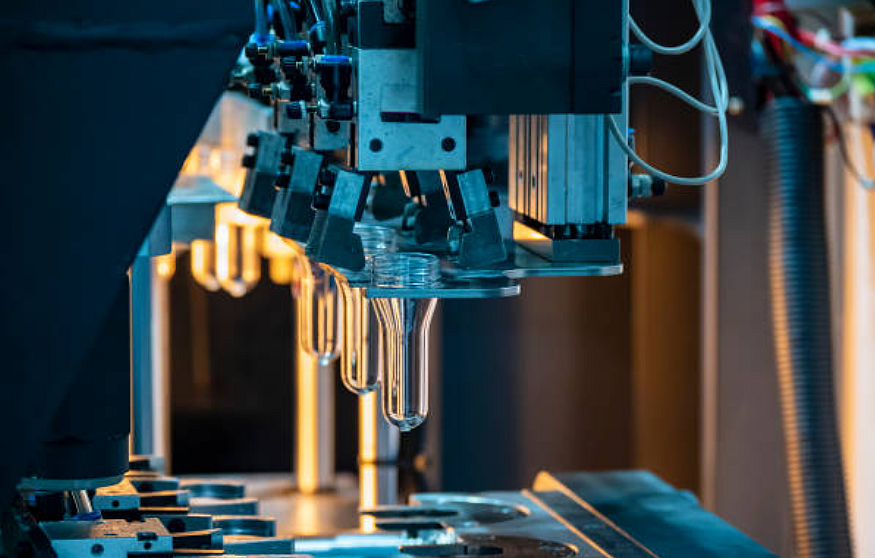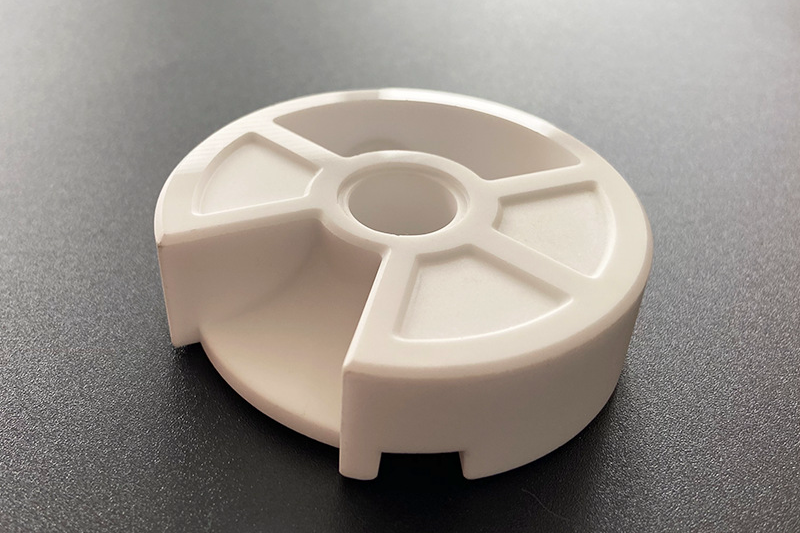How to achieve a premium look while keeping costs controlled?
How to achieve a premium look while keeping costs controlled?
Achieving a high-end aesthetic without escalating manufacturing cost requires selecting the right material–process–finish combination. At Neway, a premium appearance is achieved through optimized injection molding, efficient die casting, and cost-effective surface treatments, thereby avoiding unnecessary machining and expensive decorative processes. The goal is to combine structural design, tooling strategy, and finishing optimization so the product feels premium while staying within budget.
Choose the Right Manufacturing Process
Plastic injection molding delivers high-end surfaces with the lowest part cost at mid–high volumes. Using multi-cavity molds and integrated features (clips, ribs, textures), designers avoid extra machining or assembly steps. For metallic appearance at controlled cost, aluminum housings made through aluminum die casting or zinc die casting achieve premium feel without CNC-intensive fabrication.
Use Materials That Look Premium Without High Cost
High-quality plastics, such as PC, ABS, or PC-ABS blends, offer excellent moldability, scratch resistance, and a long-term appearance. Their natural surface quality reduces the need for finishing steps. For metal parts, choosing cast aluminum or cast stainless steel instead of fully machined blocks dramatically reduces cost while preserving a polished, solid-metal aesthetic.
Optimize Surface Finishes for Beauty + Efficiency
Premium appearance does not always require expensive coatings. Many textures and finishes can be achieved directly from tooling or through efficient surface processes:
Molded textures (VDI/MT) add a premium tactile feel at no per-piece cost.
Painting delivers metallic, matte, or soft-touch finishes cost-effectively.
Powder coating provides a high-end, durable feel for aluminum or steel components.
Anodizing achieves a luxurious metal appearance at moderate cost for aluminum enclosures.
Selective PVD accents, used only on external, visible areas, deliver luxury while limiting coating area and cost.
Integrate Features to Reduce Complexity
Premium products often feel expensive because details are clean and precise. This can be achieved cost-effectively through:
snap-fit designs instead of screws;
integrated ribs and bosses via molding to avoid added hardware;
co-molded soft-touch zones using overmolding instead of separate pads;
Insert molding to embed metal elements for structural or aesthetic purposes.
These approaches improve perceived quality while reducing secondary processing costs.
Prototyping Early to Validate Cost & Aesthetics
Early prototyping services—through 3D printing prototyping or CNC machining prototyping—help balance a premium look with budget constraints. Surface textures, gloss levels, wall transitions, and part lines can be validated before committing to production tooling, thereby avoiding costly redesigns and ensuring the final part appears refined while remaining cost-efficient.
Application Insights
• Consumer electronics: Molded textures + painted accents yield a premium feel without metal machining. • Telecommunication: PC or PC-ABS enclosures with matte textures replace expensive aluminum housings. • Power tools: Dual-material overmolding conveys grip and robustness without high material cost. • Medical devices: High-end finishes achieved via anodizing or fine painting while maintaining cost control.
Practical Recommendation
The most cost-efficient way to achieve a premium look is to let the manufacturing process do most of the work: use high-quality materials that mold or cast beautifully, rely on molded textures, and selectively choose finishing processes like painting, powder coating, or anodizing. Early engineering involvement ensures your cosmetic goals are met without unnecessary cost increases across tooling, surface finishing, or assembly.



